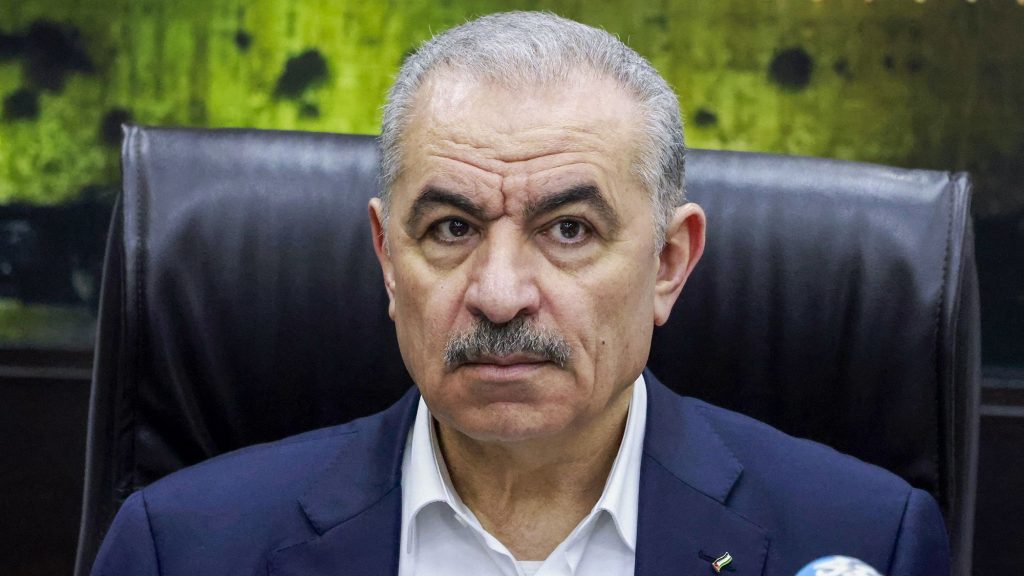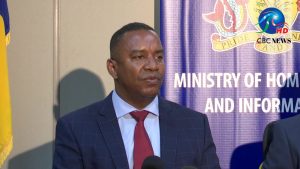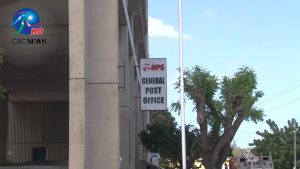By Ibrahim Dahman and Abeer Salman, CNN
(CNN) — Palestinian Authority Prime Minister Mohammed Shtayyeh and his government submitted their resignations on Monday, amid pressure on the deeply unpopular Palestinian government to reform as the war in Gaza rages.
Shtayyeh opened the door to a national unity government including Hamas in his resignation statement, without explicitly naming the militant group that governs Gaza and is gaining popularity in the West Bank, where the Palestinian Authority (PA) is based.
“The upcoming phase and its challenges necessitate new governmental and political arrangements, taking into consideration the evolving situation in Gaza, national unity discussions, the urgent need for Palestinian-Palestinian consensus based on national unity, broad participation, solidarity, and the extension of authority over all of Palestine,” Shtayyeh said in a televised government meeting.
The PA, which is dominated by the Fatah political party, held administrative control over Gaza until 2007, after Hamas won the 2006 legislative elections in the occupied territories and expelled it from the strip. Since then, Hamas has ruled Gaza and the PA governs parts of the Israeli-occupied West Bank.
The resignation comes as the PA faces intense pressure from the United States to reform and improve its governance in the West Bank. The PA has long been seen as corrupt by US politicians and Palestinians themselves.
The US welcomes steps by the PA “to reform and revitalize itself,” State Department spokesperson Matt Miller said Monday.
“With respect to both the resignation and a future government ultimately, the leadership of the Palestinian Authority is a question for the Palestinians themselves to decide. It’s not a matter that I’m going to comment on from here, but we do welcome steps for the PA to reform and revitalize itself,” Miller said at a department briefing.
The PA was set up in the mid-1990s as an interim government pending Palestinian independence after the Palestine Liberation Organization signed the Oslo Accords with Israel. It is headquartered in the occupied West Bank city of Ramallah and exercises nominal self-rule in parts of the territory.
Israel has rejected the prospect of the PA returning to Gaza after the war, and has dismissed the idea of establishing a Palestinian state in the territories.
The US however favors a reformed PA being in control of both the West Bank and Gaza as part of a future independent state. The Palestinians want Gaza, the West Bank and East Jerusalem, captured by Israel in the 1967 war, for a future Palestinian state.
“We think those steps are positive,” Miller said, referring to reforms in the PA. “We think that they’re important, an important step to achieving a reunited Gaza and West Bank under the Palestinian Authority, so we will continue to encourage them to take those steps.”
Shtayyeh, who was appointed as prime minister in 2019, told CNN in October that there can be no solution to the Israeli-Palestinian conflict without the United States, but added that the current US administration doesn’t have the political will to end the conflict. “They’re managing it,” he said.
The PA is very unpopular among Palestinians, who see it as unable to provide security in the face of regular Israeli incursions in the West Bank. A survey conducted by the Palestinian Center for Policy and Survey Research in December showed that more than 60% of Palestinians want the PA to be dissolved. Meanwhile, support for Palestinian Authority President Mahmoud Abbas, who has held the position since 2005, has collapsed. In the West Bank, 92% of respondents want him to resign, according to the poll.
Abbas did not immediately respond to Shtayyeh’s resignation and it is not clear when it will take effect or who will be in any new government.
The prime minister’s post in the PA was set up in 2003, following the Second Palestinian Intifada (uprising) after the US, the European Union and Israel called for reforms. It marked the first real move toward power-sharing by then President Yasser Arafat since the PA was established. At the time, Arafat named Abbas as prime minister. Abbas took over as president after Arafat died in 2004.
The-CNN-Wire
™ & © 2024 Cable News Network, Inc., a Warner Bros. Discovery Company. All rights reserved.






More Stories
Entrepreneurs getting global reach
Postal Service delivering convenience
Appeal to help house fire victims